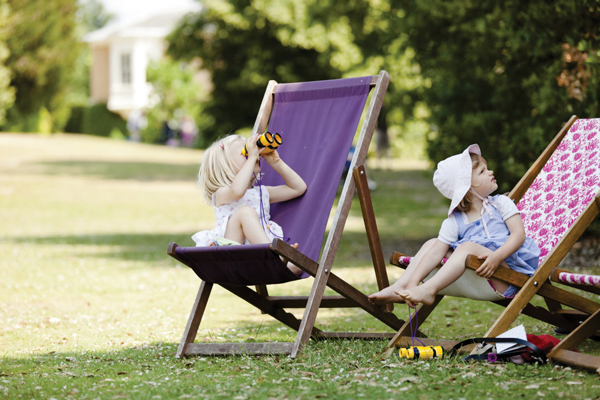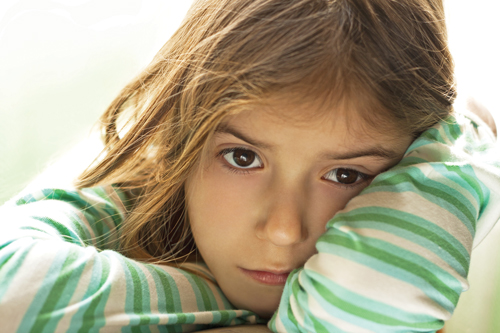
The varicella zoster virus (VZV) is more commonly known as chickenpox. It is one of the most common illnesses to affect young children, affecting more than 95% of children and is most prevalent in children under the age of 10.
It is a very common illness and most children make a full recovery without needing medical intervention. However, it can still be uncomfortable and upsetting for little ones and worrying for parents. When the red, fluid-filled spots appear, there are some things you can do to comfort your child and distract them from the itching.
Doctor Stephanie Ooi, a GP from MyHealthcare Clinic, has provided five tips to advise parents on the best ways to soothe a child when they have chickenpox.
Use gentle itching remedies
While traditional remedies such as calamine lotion have long been the go-to home treatment for chickenpox, there are newer mousse products available on the market that can help. These can be easier to use than creams or lotions as they are less messy and don’t require rubbing in to sensitive rash-covered skin.
Another natural remedy to soothe the discomfort and itching is to take an oatmeal bath, which helps to prevent the spread of infection from one to another part of the body. To make your own oatmeal bath at home, you can use regular unflavoured porridge oats, slow cooked oats or instant oats. Use around 100g for a toddler and 300g for an older child. A coffee grinder or food processor can be used to the grind the oats up to a smaller consistency. Test a tablespoon of oats in a glass of warm water – if the water goes a milky colour, your oats are ground-up enough. Draw a warm bath (not too hot), place the oats in and have your child soak for around 20 minutes.
Some children also find baking soda soothing. You can add roughly a mug of the baking soda to a lukewarm bath and soak for 20 minutes. When you help the child out of the bath, use a clean towel to pat, rather than rub the skin dry.
Keep your child hydrated
Try to encourage your child to drink as much water as possible. When chickenpox spots appear in a child’s mouth it can make eating or drinking slightly distressing and uncomfortable. Try to give soft and bland foods and avoid salty snacks that can aggravate a sore mouth. A very common symptom of chickenpox is a loss of appetite – whilst this is worrying for parents, hydration is more important than food here.
One way to encourage children to consume more liquids is to create soothing ice pops. Simply fill a lolly tray with water or coconut water, or flavour with some squash. It’s best to avoid orange flavouring as the acidic content of this may irritate the mouth. If your child does feel up to eating, natural yoghurt with honey, stewed apples or pears or a chicken bone broth are good options. Dairy and chicken contain the amino acid lysine which is said to aid healing.
Be aware of signs of dehydration – dark urine, infrequent need to use the bathroom or dry nappies, fast breathing, having few or no tears left when crying, dry lips or blotchy, cold hands and feet. If your child has any of these symptoms, please seek urgent medical advice.
Seek medical advice for some cases
In most cases you won’t need to take your child to the GP for chickenpox as it will get better on its own. This usually takes about a week. However, there are some instances when medical advice should be sought. If you notice that skin around the spots has become red, hot and painful, consult your doctor as this can be a sign of skin infection. Also seek medical advice if your child has had a fever for more than four days, if there are signs of dehydration as mentioned above or their condition seems to be worsening. Ultimately you know them best so if something doesn’t seem right then seek medical advice.
Soothe the pain and fever with approved painkillers
Aside from the uncomfortable rash, chickenpox can also often cause cold and flu-like symptoms, including a high temperature (38+ degrees), muscular aches and pains, as well as headaches. These can make children feel pretty miserable and unwell. You can use paracetamol at home to soothe the pain and fever. It’s best to avoid giving aspirin to any child in any illness as this can leave your child at risk of developing Reye’s syndrome (a rare disorder that causes swelling in the liver and brain).
Provide distractions
Due to the highly contagious nature of chickenpox, it’s advised to keep your child away from school, nursery or social situations with other children until the spots have fully crusted over. This can take as long as 10 days. Many children will just want to rest and a day in front of the television is completely understandable! However, lots of parents know that after a few days of isolation, children can feel restless and need a distraction from the itching and misery of being house-bound.
Activities such as colouring, sticker books, reading and puzzles can be good distractions. Try making an indoor assault course with cushions, chairs and blankets. If you have a garden and the weather is nice, try having a picnic together, planting some seeds, or using outdoor chalks to create pictures.

















